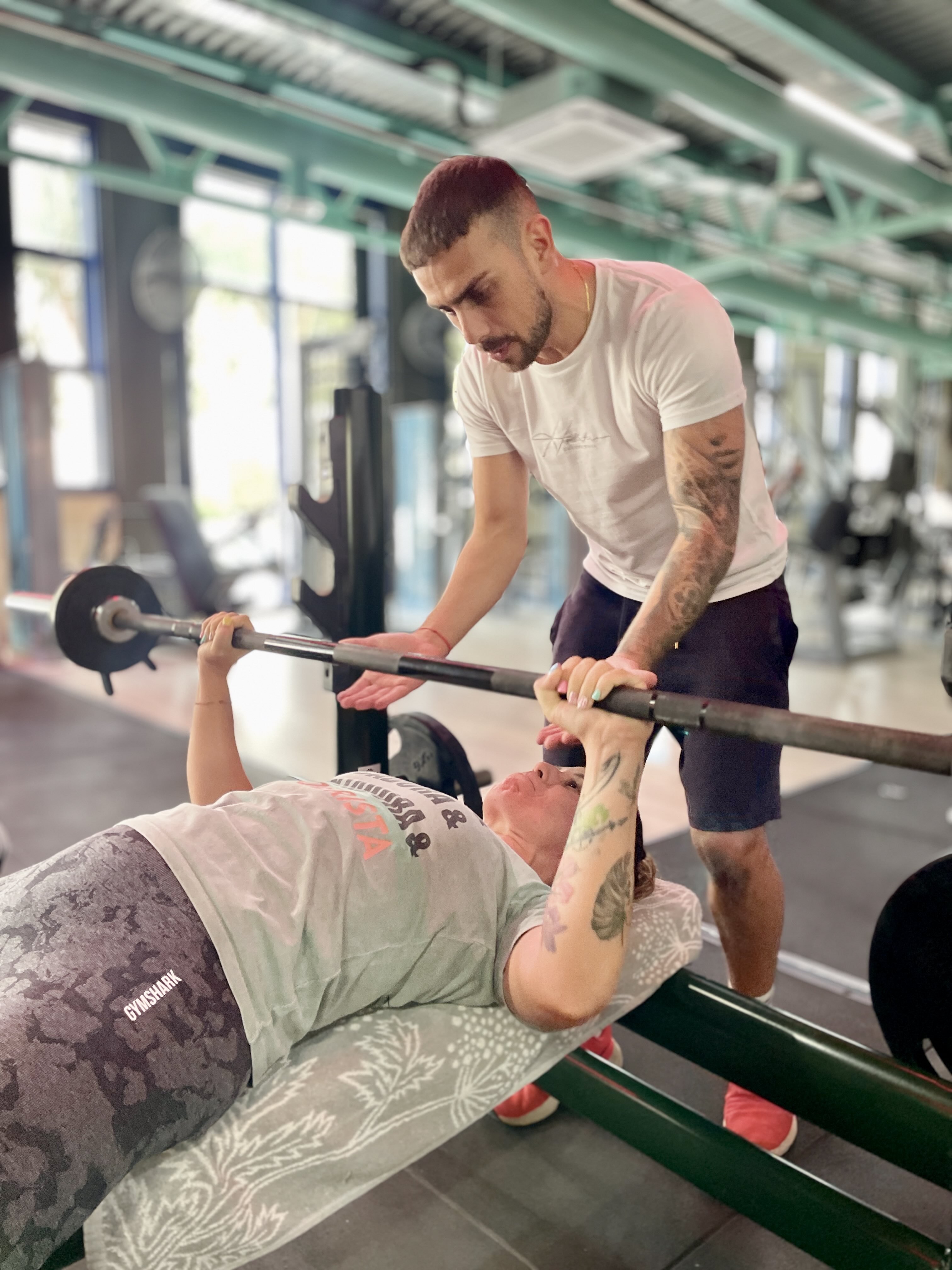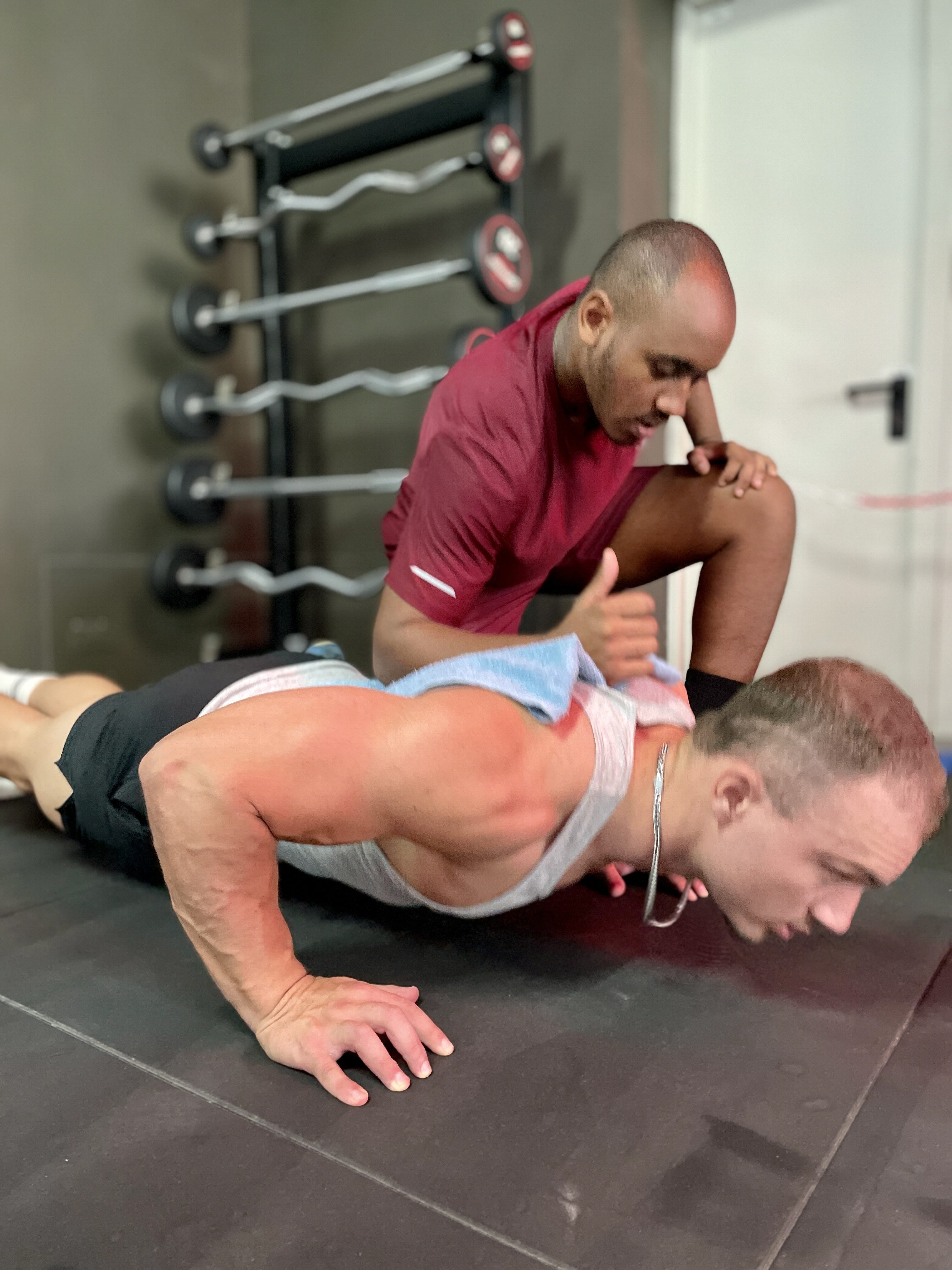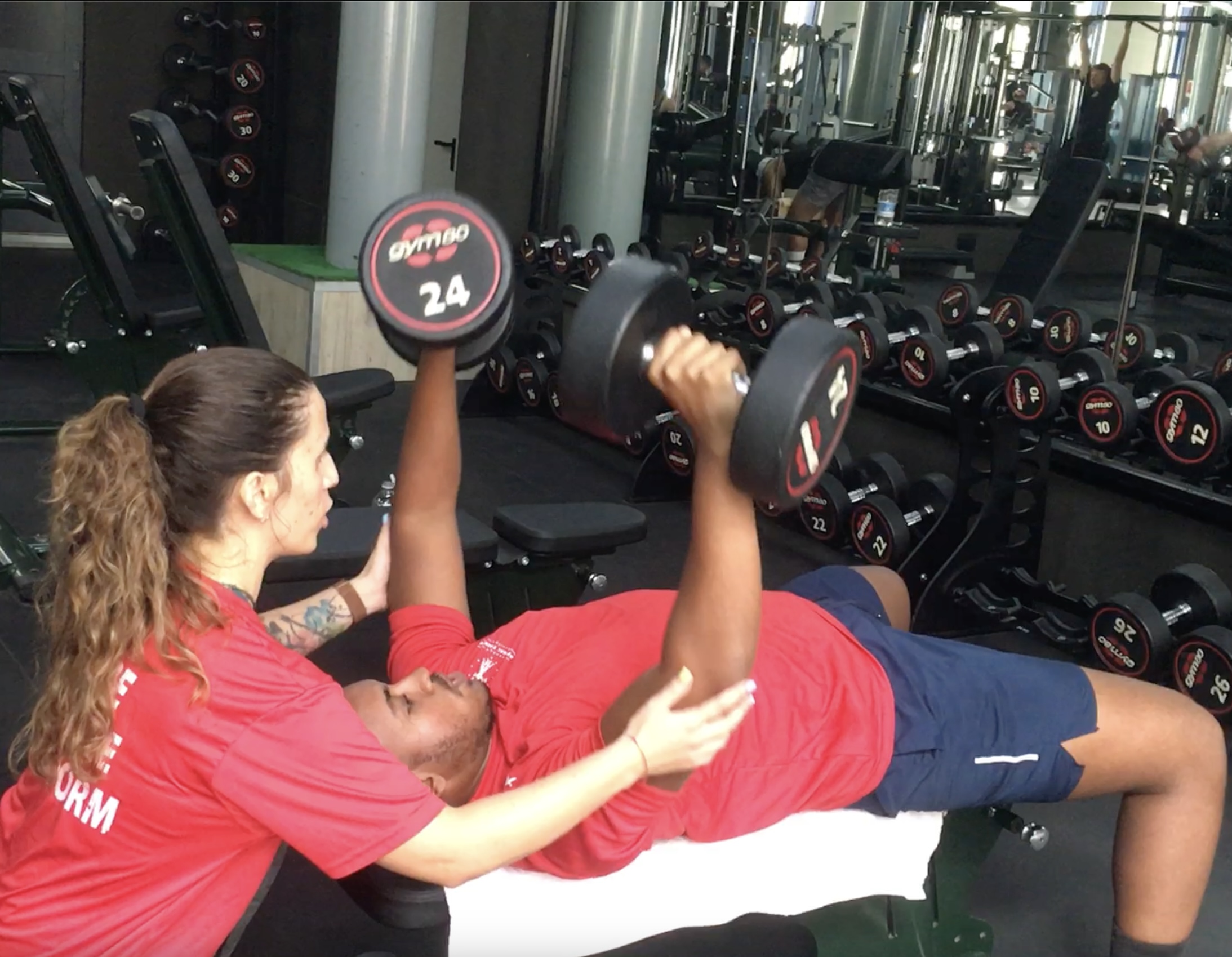In today’s world, finding fitness advice and Personal Trainers ready to help you reach your goals is easier than ever. However, with the increasing number of unqualified fitness professionals – trainers, gym instructors, and fitness “experts” without the proper credentials – the risks can be real. When choosing a fitness professional, their qualifications and training background aren't just details; they are essential to ensuring a safe and effective journey towards your fitness goals. Here, we explore why working with a properly qualified Personal Trainer or gym staff is critical and how you can protect yourself by making informed decisions.

1. The Importance of Qualifications and Experience
The title "Personal Trainer" is not regulated in many countries, meaning anyone can claim it without formal education or recognised certification. Certified fitness professionals, however, undergo rigorous training and assessments to understand exercise science, human anatomy, and safe practice methods. Qualifications from accredited bodies, such as CIMSPA or EREPS, ensure trainers possess essential knowledge in areas such as:
- Exercise physiology – understanding how exercise affects the body, cardiovascular health, and musculoskeletal system.
- Injury prevention – ensuring safe exercise selection, technique, and adaptations for individual needs.
- Basic nutrition – advising clients safely within boundaries, particularly for fat loss, muscle gain, or general well-being, based on evidence-based principles.
A properly qualified Trainer tailors programmes based on a client's health status, fitness level, and any medical conditions, ensuring an approach that is both effective and safe.
2. The Dangers of Working with Unqualified Fitness Professionals
Some unqualified Trainers are simply gym-goers who have trained themselves in a way that worked for them. However, this same approach may not be suitable or effective for you, as you don’t know what methods they used regarding training, nutrition, or even performance-enhancing drugs. Furthermore, lifting heavy weights or achieving a particular physique does not qualify someone to train others safely or responsibly.
Unqualified Trainers may lack the knowledge to provide workouts tailored to an individual’s needs. Common risks include:
a) Increased Injury Risk
Improper form, excessive weights, and lack of progression structure can lead to severe injuries – from strains and sprains to joint damage. Qualified Trainers correct technique, choose safe exercises, and adapt the workout as needed to reduce the risk of injury.
b) Inappropriate Exercise Plans
Qualified Trainers design individualised fitness plans suited to each client's goals, fitness level, and any health concerns. Unqualified Trainers often use generic routines, which can lead to burnout, exacerbate health issues, or fail to produce results altogether.
c) Nutritional Misguidance
Qualified Trainers understand the boundaries of their expertise, often recommending clients see certified nutritionists or dietitians for in-depth advice. Unqualified Trainers may promote extreme diets or unsafe supplements, risking clients’ physical and mental well-being.
3. Spotting the Red Flags: How to Recognise Unqualified Trainers
To ensure your safety and that you’re getting the best support, it’s essential to watch out for certain red flags that can indicate poor practice or a lack of knowledge in Personal Trainers. Here are some warning signs to be mindful of when assessing a Personal Trainer’s qualifications and approach:
- Unable to provide customised programmes – Effective training plans should be tailored to each client, addressing unique goals, fitness levels, and health considerations. A Trainer who cannot create customised programmes may lack the expertise needed to help you progress safely.
- Fails to correct improper form – Proper form is crucial for avoiding injuries, especially in strength training. Trainers should identify and correct technique issues, ensuring each movement is done safely and effectively.
- Recommends inappropriate exercises – A knowledgeable Trainer understands which exercises target specific muscle groups and adapts them to fit each client’s abilities and needs. Recommending ineffective or dangerous exercises for particular goals is a clear red flag.
- Limited understanding of advanced training techniques – Trainers should know when and how to implement techniques like supersets to enhance workout efficiency and effectiveness. A Trainer without this knowledge may deliver less effective sessions.
- Inappropriate training intensity – Trainers must adapt workouts based on each client’s fitness level, avoiding over- or under-training. A Trainer who pushes everyone equally without regard for personal ability may not be sufficiently qualified.
- Insufficient knowledge of rest, diet, and supplements – A Trainer’s role includes offering sound guidance on recovery, basic nutrition, and supplementation within safe boundaries. A Trainer with little or no knowledge in these areas may lack the qualifications to support your holistic fitness journey.
- Unaware of training plateaus – A skilled Trainer recognises when a client has reached a plateau and knows how to adjust the programme accordingly. Trainers who ignore these signs or lack a progression plan are less likely to help you achieve your goals.
- Commands without instruction – Instructing is more than giving orders; it involves teaching correct techniques. Trainers should be actively engaged, demonstrating exercises, correcting form, and ensuring understanding, rather than merely issuing commands.
Additional Warning Signs of Poor Personal Training Practices:
- Doesn’t conduct posture or fitness assessments – Initial assessments help Trainers create tailored programmes that address weaknesses or limitations. Trainers who skip these assessments are missing a key step in establishing a safe, effective plan.
- Ignores warm-up and stretching – Proper warm-ups and post-exercise stretches are vital for performance and recovery. A Trainer should teach you these techniques rather than expecting you to handle them alone.
- Focuses on appearance over strength and health – A professional Trainer aligns your fitness journey with your goals, whether it’s improving strength, endurance, or general wellness. Trainers who only focus on aesthetics, disregarding your personal objectives, are not providing comprehensive support.
- Disinterested in setting goals with you – Trainers should discuss your goals and ensure the programme is designed to help you meet them. Failing to consider or align with your objectives is a sign of poor practice.
- Fails to spot correctly or ensure technique – Proper spotting and close attention to form are essential to prevent injuries, especially during heavy lifts.
- More focused on attracting new clients – A Trainer who seems preoccupied with getting more business, rather than focusing on your needs during sessions, is likely not providing you with dedicated support.
- Shows lack of motivation or interest – Trainers should be engaged, present, and responsive to your needs. If they seem bored or inattentive, it’s a sign they may not be fully invested in your progress.
- Pushes for more classes as a solution – Progressing towards fitness goals isn’t simply about adding more sessions. Trainers who only push for more classes without adjusting or balancing the programme may lack the knowledge for long-term progress.
- Doesn’t educate you about fitness – A great Trainer will educate you along the way, helping you understand why certain exercises or techniques are used. If your Trainer doesn’t take the time to teach, they may be more interested in quick fixes than sustainable change.
- Displays unprofessional behaviour – Trainers should be professional, respectful, and maintain integrity in all interactions. Those who complain about management, discuss their lack of growth, or display other unprofessional behaviours are not committed to providing a supportive, productive environment.
Asking for Certification
One of the easiest ways to check a Trainer’s credibility is to ask for certification proof. Reputable Trainers will often keep a copy of their certification on their phone and should be happy to show it to you upon request. Verifying credentials that are endorsed by recognised bodies, ensures your Trainer has the qualifications needed to guide you safely and effectively.
4. The Benefits of Working with a Qualified Fitness Professional
Choosing a qualified Personal Trainer can make a world of difference in your fitness journey. With their expertise, they can offer:
- Evidence-based, effective training – Certified Trainers use safe, effective training methods, focusing on long-term results.
- Motivation and accountability – A trained professional can keep you on track, helping you reach milestones.
- Sustained success – Through proper technique and education, qualified Trainers empower clients for lifelong health and fitness.

5. European Personal Training Institute (EPTI): A Trusted Fitness Provider in Malta
In the European fitness landscape, the European Personal Training Institute (EPTI) stands out as a reputable and highly respected training provider. EPTI not only upholds the highest standards of fitness education but is also widely trusted in Malta and across Europe for producing industry-ready, fully qualified Trainers. To help clients verify the credentials of their Trainers, EPTI offers a PT Directory – an online resource where you can easily check if your Personal Trainer is appropriately certified by EPTI. This simple step can make all the difference in ensuring you’re working with a skilled and certified professional.
Conclusion
Fitness is a journey, and the guidance of a qualified professional can be invaluable. Choosing an unqualified Trainer risks injury, ineffective workouts, and potentially dangerous nutrition advice. With the right fitness professional, you can be confident in a programme that is safe, effective, and tailored to you.
Ready to make a difference in the fitness world or to ensure you are in good hands? Contact the European Personal Training Institute (EPTI) to learn more about how you can become a certified Personal Trainer with recognised credentials that will set you apart in the industry.



